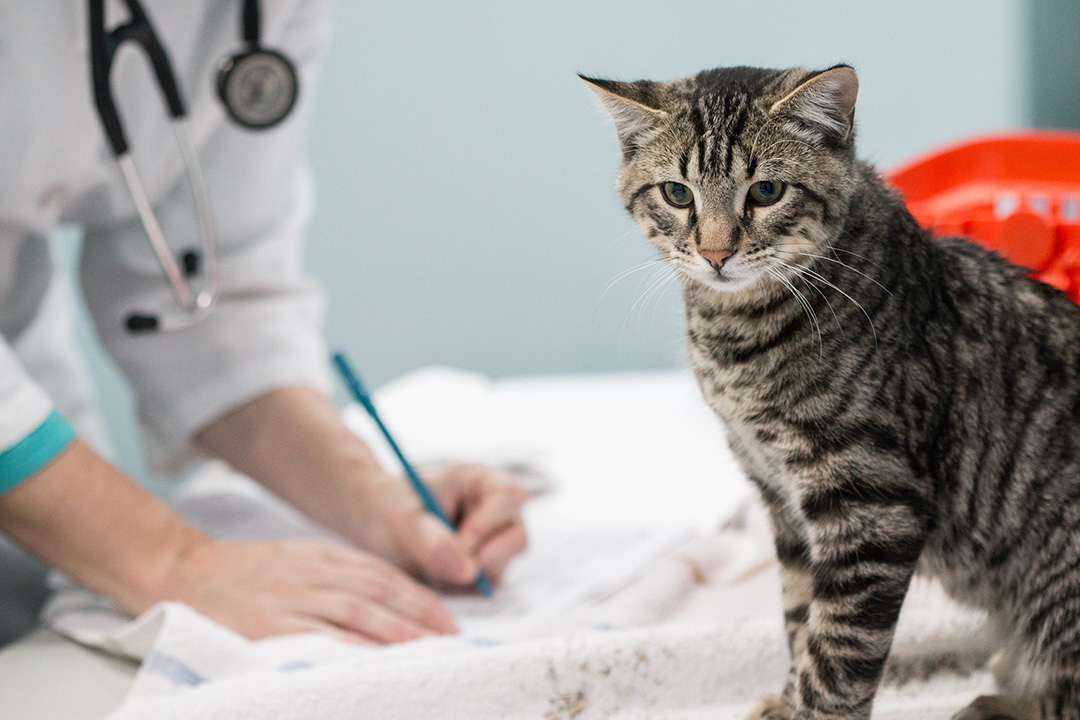
Want your pet to go vegetarian? Be cautious, warns USask expert
As more vegetarian kibble shows up in pet stores, switching Fido and Fluffy to plant-based nutrition may seem like a good idea.
While going plant-based — or at least forgoing meat — may be healthy for humans, it’s not necessarily so for our furry friends — and for cats in particular.
In a recent article in the Washington Post, Dr. Jennifer Adolphe (PhD), an animal nutritionist and adjunct professor with the Western College of Veterinary Medicine at the University of Saskatchewan, says that unlike dogs, cats are obligate or “true” carnivores, meaning they rely entirely on animal flesh for some important nutrients.
“There are also some fatty acids, like arachidonic acid, which is essential for cats and only found in animal fats,” says Adolphe. Other challenging nutrients are vitamin D, vitamin B12 and taurine — an amino acid found in mammalian tissues (humans and dogs can synthesize it from plant sources). Taurine deficiency in cats can cause heart disease and vision problems.
Another issue is the quality of commercial vegetarian pet foods (meat-based products have problems, too).
Adolphe advises pet owners to do “some homework to find out who is behind the company, if it employs a full-time qualified nutritionist, what kind of quality control measures do they use.”
Read more about this research in the Washington Post.

